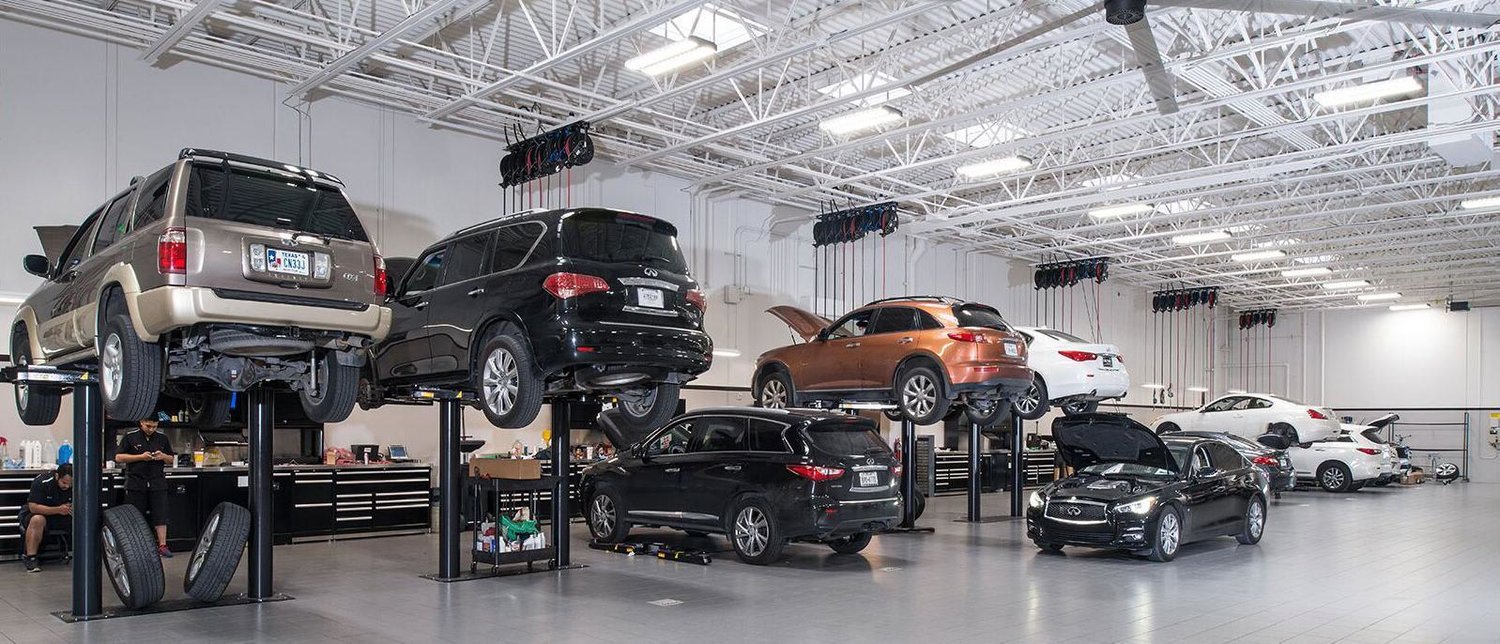Featured
[1].jpg)
[/image]
A healthy and balanced battery is important for your auto's general performance. It powers everything from the ignition system to the lights and devices. While it's very easy to take your vehicle battery for granted, understanding how to examine its health can assist prevent troublesome malfunctions. Normal checks can extend the life of your battery and guarantee your auto runs efficiently. Here's a step-by-step guide to aid you assess your vehicle's battery wellness.
Why Battery Health Matters. Your automobile's battery plays a crucial function in beginning the engine and powering electronic systems like lights, air conditioning, and the radio. A stopping working battery can trigger slow-moving starts, malfunctioning electronic devices, or also leave you stranded. Batteries normally wear with time, however understanding when they're on the verge of failing can save you from these circumstances.
Signs That Your Battery May Be Weak. Before you study examining the battery yourself, it serves to be familiar with some common indication that show your battery could need attention:

Slow Engine Crank: If your engine takes longer to begin, it might be an indicator that the battery is shedding its power. Dim or Flickering Lighting: When the vehicle is running, check the headlights. If they show up dim or flicker while you're idling, your battery could be having a hard time. Examine Engine Light or Battery Warning Light: Numerous modern cars will display a battery caution light on the control panel if there's a concern with the battery or charging system. Corrosion: Noticeable rust around the battery terminals is a clear indicator of an issue. This accumulation can disrupt the electrical connection, resulting in inadequate efficiency. Regular Jump Begins: If you regularly need to jump-start your car, your battery is most likely near the end of its life and ought to be replaced. Exactly how to Inspect Your Automobile's Battery Health. Examine the Battery for Physical Damages:. Start by looking over the battery for splits, leaks, or protruding. Physical damage to the battery case might suggest that the battery goes to threat of failing. If you see any kind of leakages or rust, take care, as this could be unsafe.
Inspect the Voltage with a Multimeter:. A basic and precise way to check your battery health is by determining its voltage. Below's just how you can do it:

Set your multimeter to DC voltage and choose a 20-volt variety. With the cars and truck off, put the red (positive) probe on the favorable terminal and the black (adverse) probe on the unfavorable terminal of the battery. A healthy battery needs to check out around 12.6 volts or even more. If the voltage is below 12.4 volts, the battery may be weak and need charging or substitute. If it's under 12 volts, it's time to consider getting a brand-new battery. Carry Out a Lots Examination:. To truly analyze exactly how well your battery performs under stress, a load examination is suitable. This examination is best done by an expert technician, but you can carry out a standard tons examination if you have a battery load tester. Right here's a simple way to do it:
Shut off the cars and truck, and determine the voltage making use of a multimeter as defined above. Start the cars and truck and gauge the voltage once more. If the voltage drops considerably listed below 12.4 volts when the engine is running, the battery is having a hard time to keep charge and might need substitute. Check the Alternator Result:. A defective alternator can likewise cause battery problems, as it's responsible for recharging the battery while the vehicle is running. If the reading is below this array, the alternator may not be appropriately billing the battery, which can lead to battery failure over time.
What to Do If Your Battery Is Weak. If your examinations show that your battery's voltage is low or it's not holding a charge, there are a few things you can do:
Fee the Battery: If the voltage is a little low (12-12.4 volts), attempt billing the battery with an automobile battery charger. If it holds a cost, it may be able to last a bit longer. Change the Battery: If the battery's voltage is under 12 volts or it has a hard time to hold a fee, it's most likely time for a substitute. Many vehicle batteries last 3-5 years, so if your battery is nearing that age, it deserves changing it prior to it dies totally. When to Replace Your Car's Battery. While batteries can last for a number of years, it's important to replace them prior to they fall short completely. Below are some aspects that may show it's time for a substitute:
Age: If your battery is more than 3-5 years of ages, it's an excellent concept to replace it, also if it hasn't revealed indications of failure yet. Frequent Issues Starting the Auto: If your automobile has difficulty starting also after being jump-started, it's time to obtain a new battery. Deterioration or Leaks: If corrosion or leaking shows up on the battery, it may be an indicator that it's getting to the end of its life. Verdict: Regular Battery Maintenance for Durability. Checking your automobile's battery health is an easy but essential component of car upkeep. On a regular basis inspecting your battery will make certain that your car runs smoothly and starts accurately every time, and it will assist you stay clear of unanticipated break downs.
Latest Posts
Find the Premier Auto Repair Coupons in Montclare, Chicago
Uncover Montclare Auto Repair’s Highly Requested Car Care Solutions and Why Drivers Choose Them
Discover Your Financial Partner at WyHy – Top Benefits for Wyoming Residents
More
Latest Posts
Find the Premier Auto Repair Coupons in Montclare, Chicago
Uncover Montclare Auto Repair’s Highly Requested Car Care Solutions and Why Drivers Choose Them
Discover Your Financial Partner at WyHy – Top Benefits for Wyoming Residents